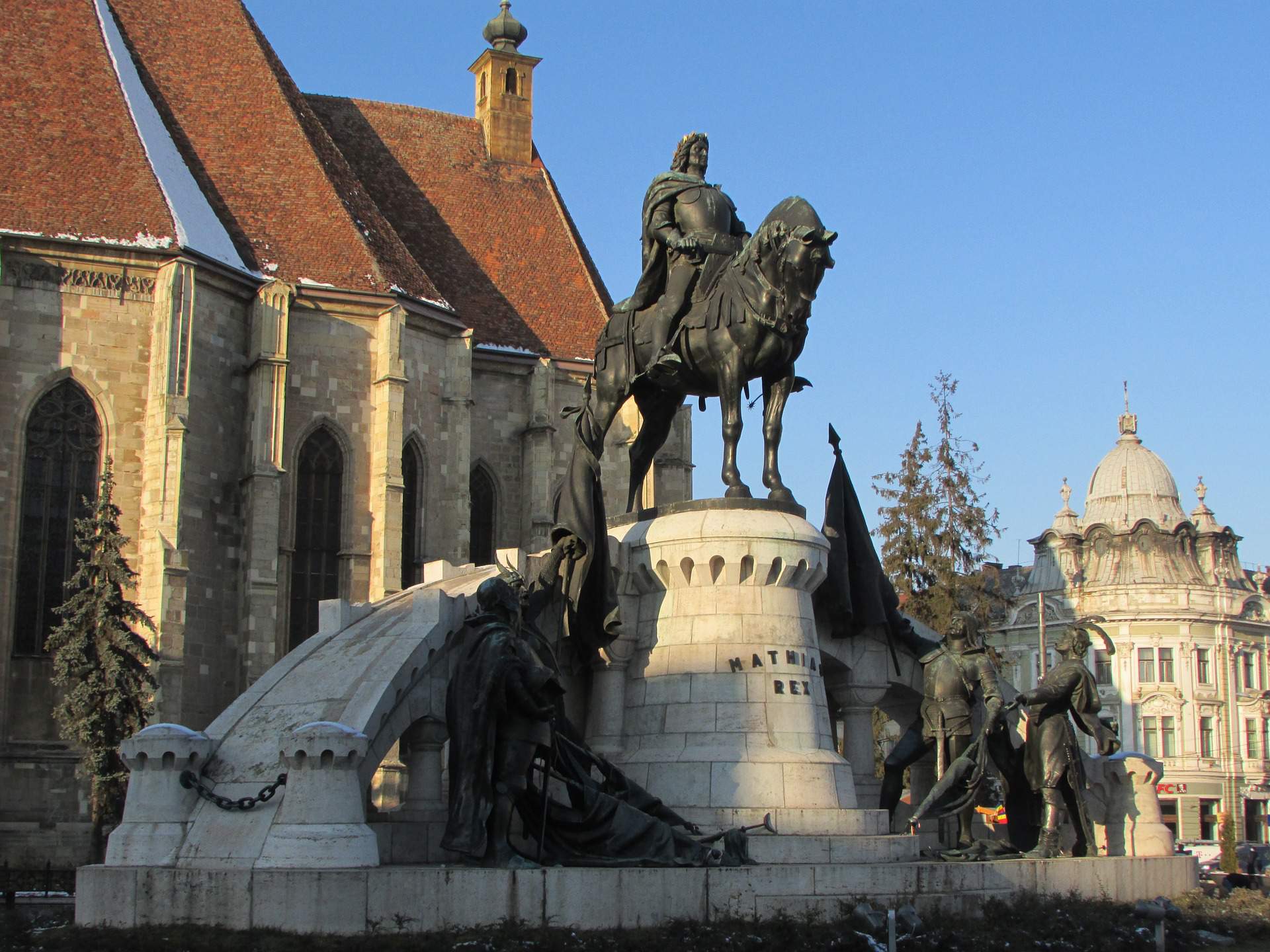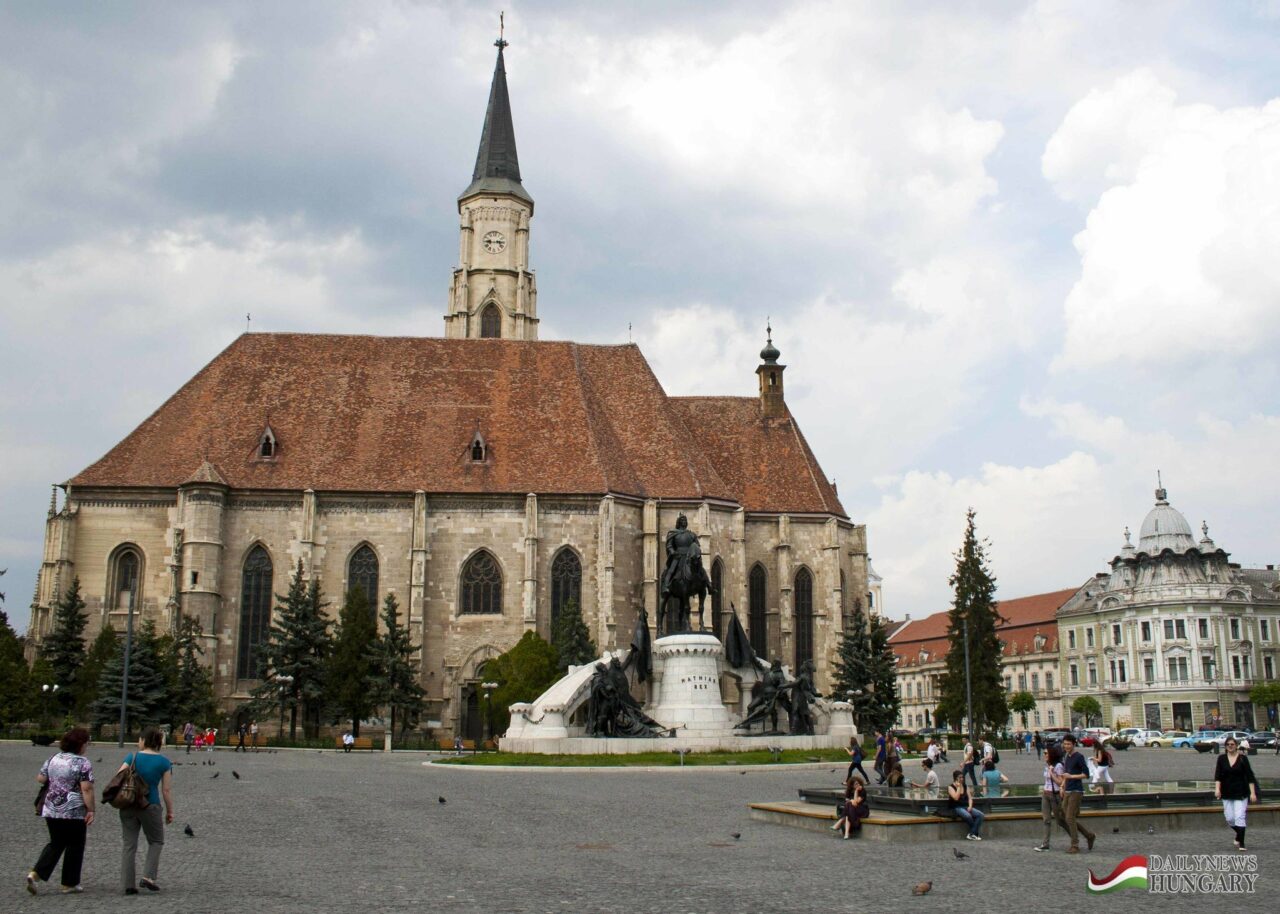Tens of thousands of Hungarians to get a new metro

A metro is being built in Cluj-Napoca (Kolozsvár), the “capital” of Transylvania, Romania’s second most populous city.
The city council signed the design and construction contract for the Cluj-Napoca metro line with representatives of the consortium of Turkish Gülermak, French Alstom and Romanian Arcada companies on Thursday in the glass hall of Cluj-Napoca City Hall, napi.hu reports.
Several representatives of the Romanian government, Prime Minister Nicolae Ciuca, Interior Minister Lucian Bode and Transport Minister Sorin Grindeanu were present at the event, as the project is largely financed under the National Recovery Plan (PNRR).
Nicolae Ciuca described the Cluj-Napoca metro line project as the most valuable and significant investment of the last 30 years.
The metro project involves a EUR 2 billion investment. The planning process will take six months, after which construction can start.
19 stations planned to be built by 2031

The PNRR requires the first nine stops to be completed by 31 July 2026, even if there are no trains running between them. The project will continue until 2031, when all 19 stops must be built and operational, napi.hu explains.
A separate transport plan will be drawn up for the construction period, which will last several years and will also affect the city centre, because traffic in the city is already heavy.
Representatives from the consortium of Turkish Gülermak, French Alstom and Romanian Arcada said that they had already built a metro in Dubai and were ready to do the same quality work in Cluj-Napoca.
The consortium will spend RON 9.059 billion (EUR 1.8 billion) excluding VAT to design and build the Cluj-Napoca metro line.
21 km metro line to cross the city

photo: Daily News Hungary
The metro line will be 21 kilometres long and will run east-west through the city and the agglomeration, including the main square. It will run for 14.7 kilometres in Cluj Napoca and 6.3 kilometres in the area of Florești (Szászfenes), west of the city, which has a population of around 40,000.
19 stops will be built on the metro line. Between them, three-car trains will run every minute and a half, carrying 21,600 passengers per hour.
Driverless trains
Alstom’s turnkey metro system will enable driverless operation, with Urbalis CBTC (communications-based train control) technology supporting high-capacity service, an integrated control centre and a state-of-the-art cyber security interface. Romania’s first fully automated metro line will operate in an energy-efficient way, making a significant contribution to green mobility throughout Cluj-Napoca.
Featured image: illustration (Pixabay)
Source:






